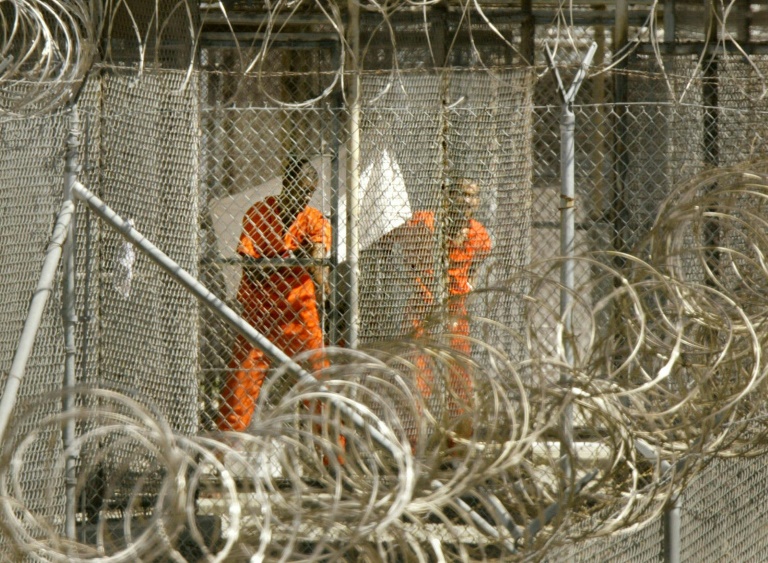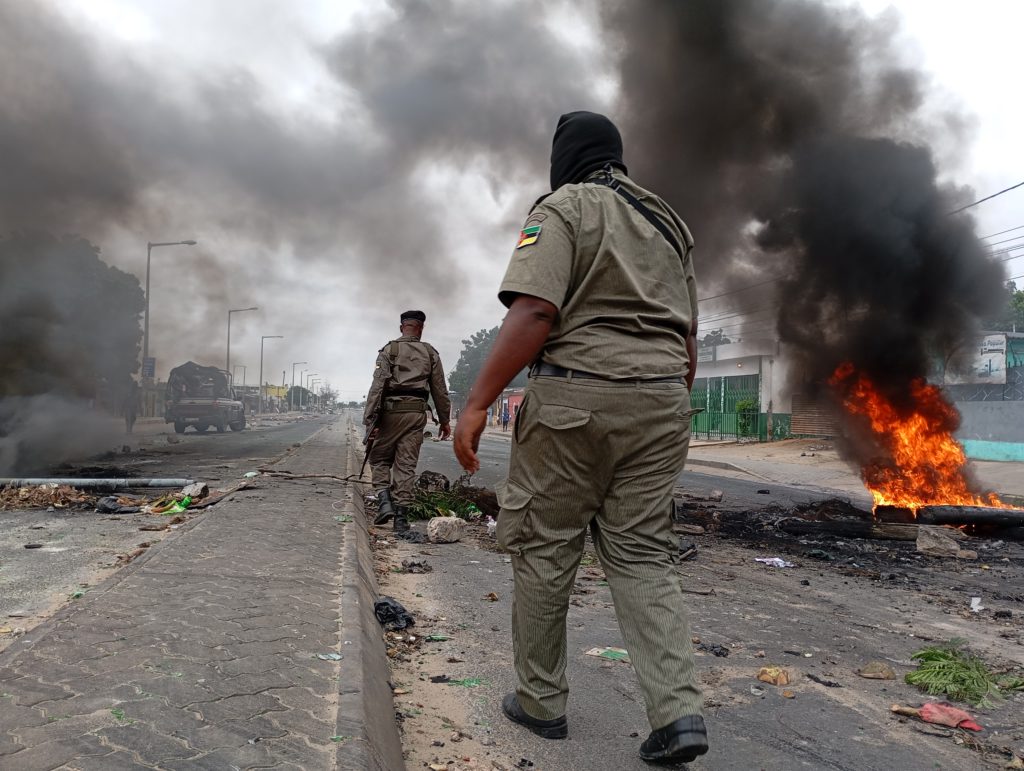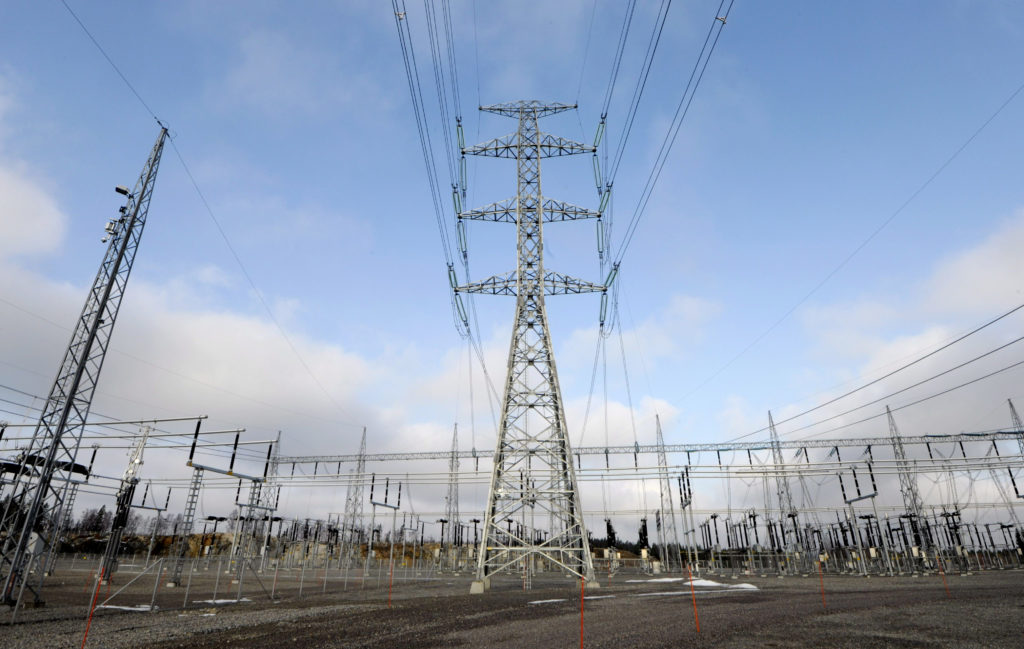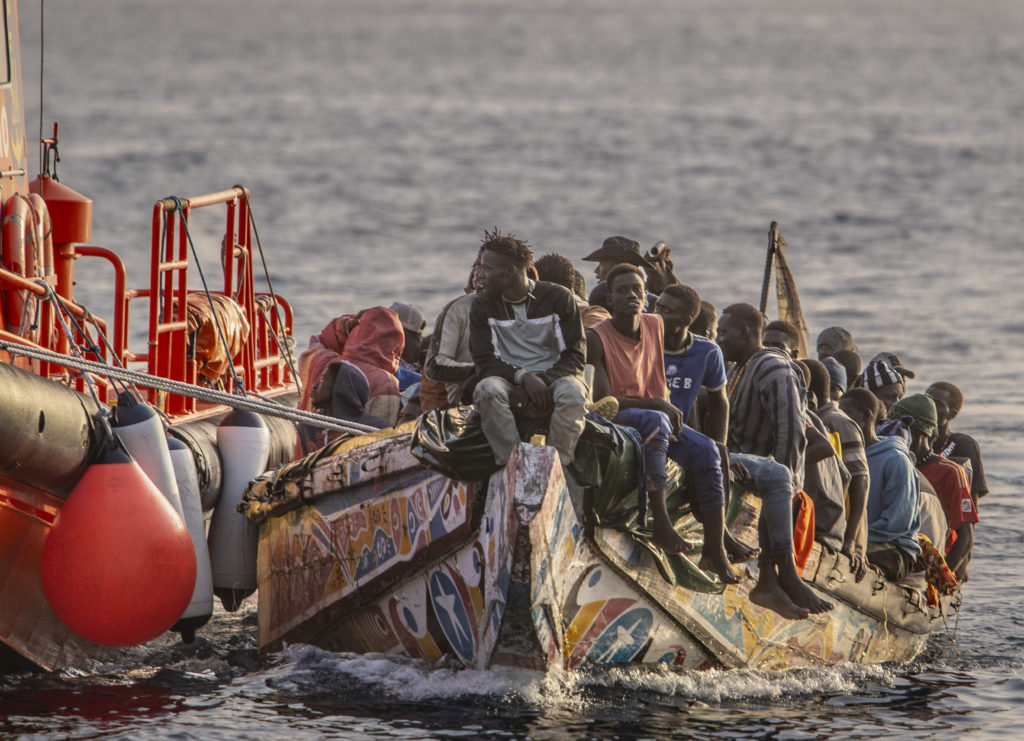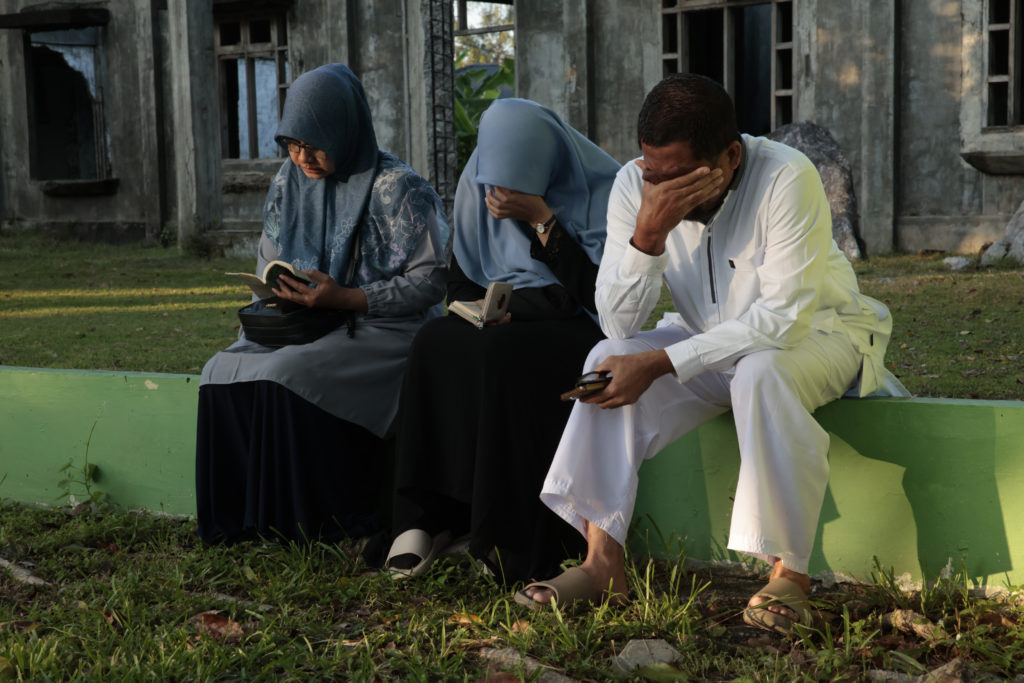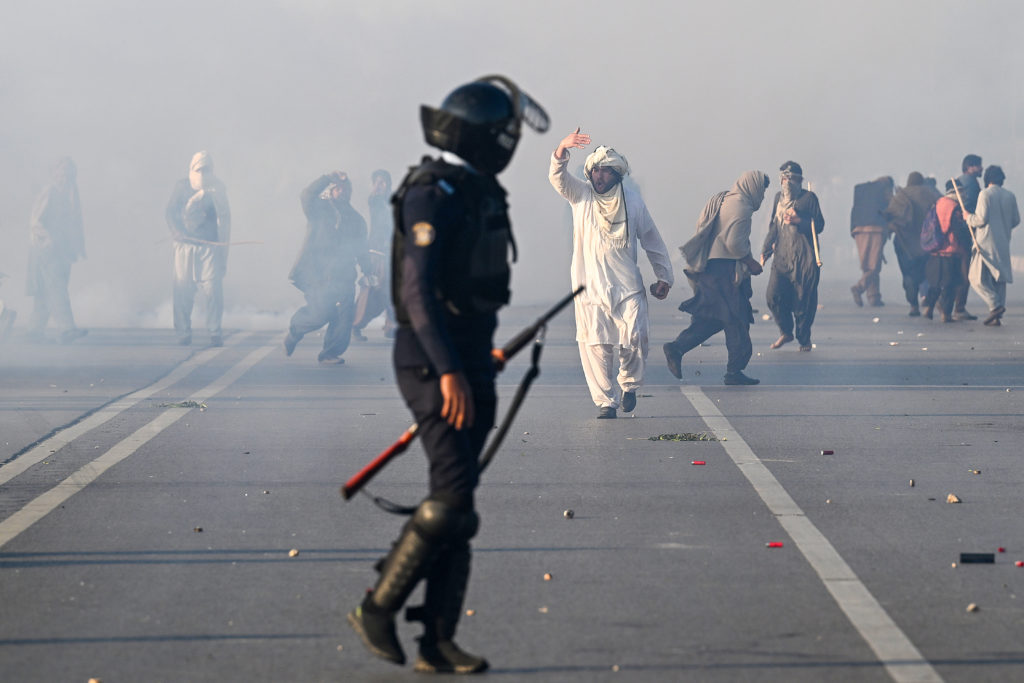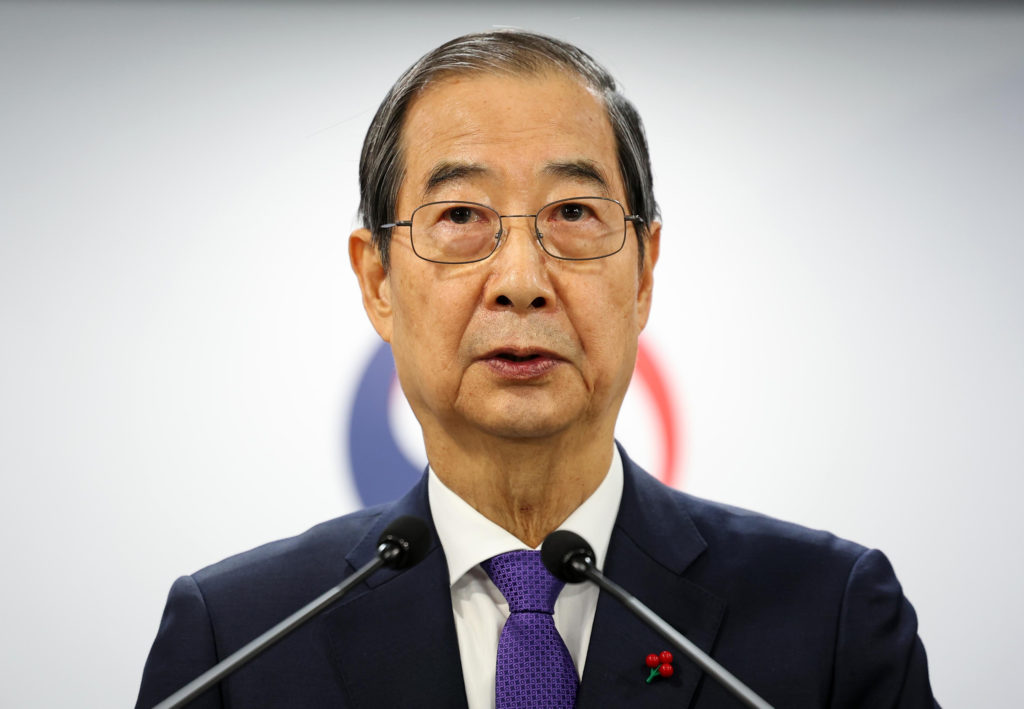Accused September 11 mastermind Khalid Sheikh Mohammed and four others appeared in court for the first time in more than 18 months on Tuesday as US military prosecutors seek justice two decades after the world-shaking terror attacks.
Mohammed, with a dense, graying red beard, strode into the courtroom in the US naval base in Guantanamo Bay, Cuba, as the nine-year-old trial resumed after a long halt for the Covid-19 pandemic.
The military tribunal courtroom was packed with prosecutors, interpreters, and five defense teams for Mohammed and alleged co-conspirators Ammar al-Baluchi, Walid bin Attash, Ramzi bin al-Shibh and Mustafa al-Hawsawi.
In the public gallery, behind thick glass, were members of the families of the 2,976 people that the defendants are accused of murdering almost exactly 20 years ago.
The accused face possible execution if found guilty.
But the pretrial phase now in its ninth year and bogged down over what is now the central issue — that the five were repeatedly tortured by the CIA after their capture.
Without a political intervention — President Joe Biden had pledged during his campaign to close down the military prison at Guantanamo Bay — it could be more than a year before a full trial begins, let alone a verdict reached.
– Camouflage jackets –
The trial resumed Tuesday in the highly secure “Camp Justice” courtroom on a hilltop in the US naval base at Guantanamo Bay.
The defendants entered one by one with military escorts, and each sat down at a table with their own defense team.
Mohammed wore a blue turban and matching face mask which he removed to let free a long, flowing beard. He chatted animatedly with bin Attash while leafing through a pile of documents.
Bin Attash, who allegedly helped plan the 9/11 attacks, wore a pink keffiyeh headdress and a military desert camouflage jacket, walking slowly with a prosthetic on one leg he lost in a firefight in Afghanistan in 1996.
Al-Shibh, a member of the “Hamburg Cell” of hijackers, also wore desert camouflage over his white cotton pants, seemingly to reflect his days as an Al-Qaeda jihadist.
Baluchi, also known as Ali Abdul Aziz Ali and the nephew of Mohammed, revealed a short, black beard under his mask and wore a Sindhi cap of his native Balochistan, along with a traditional vest over his white robe. He is accused of handling money transfers in the plot.
The fifth defendant, Hawsawi, who worked together with Baluchi, entered in a Saudi thobe-style white robe. He also carried a pillow which he placed on the hospital chair reserved for him, due to rectal damage his lawyers say was incurred in the abusive interrogations by the CIA.
– Eighth judge –
The hearing opened under a brand new judge, Air Force Colonel Matthew McCall, who is the eighth to be named to preside.
McCall opened by asking each of the defendants if they understood the guidelines for the hearing.
“Yes,” each answered, some in English and some in their own languages.
He then launched into a discussion of Covid-19 protocols, after the long delay forced by the pandemic.
Already in recent weeks several people who have joined hearings in other Guantanamo cases have tested positive, despite strict requirements for vaccinations and masks.
Lowering his own mask to speak, McCall said that everyone should remained masked unless they were addressing the court.
Defense attorneys said they were eager to continue where they stopped in February 2019, building a case to discredit the bulk of the prosecution’s evidence due to the torture the five endured while in CIA hands between 2002 and 2006.
But the trial restart began slowly. The first day is focused on a procedure unique to the military commissions, a “voir dire” assessment of the judge’s own background to probe for possible biases.
The procedure is crucial as the judge, prosecutors and many of the defense attorneys are all part of the Defense Department legal corps.
McCall said he had worked with others on both sides of the court in this case, but had no deep links or commitments to any.
“I shut down all my social media,” he said, to avoid potential “friends” from contacting him about the case.
The voir dire review of McCall will consume two sessions this week, and the other days will involve him meeting with attorneys privately on the case.

